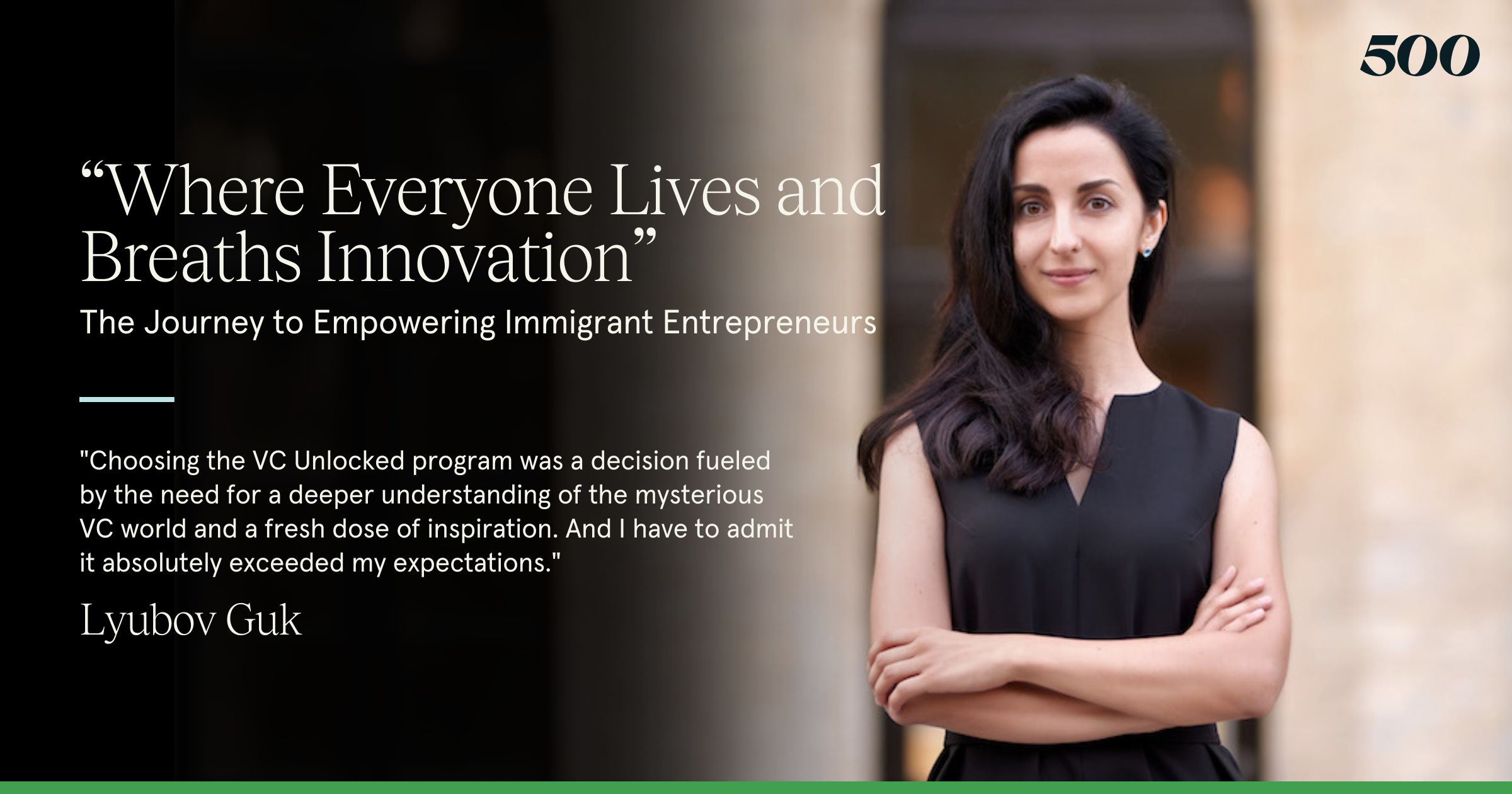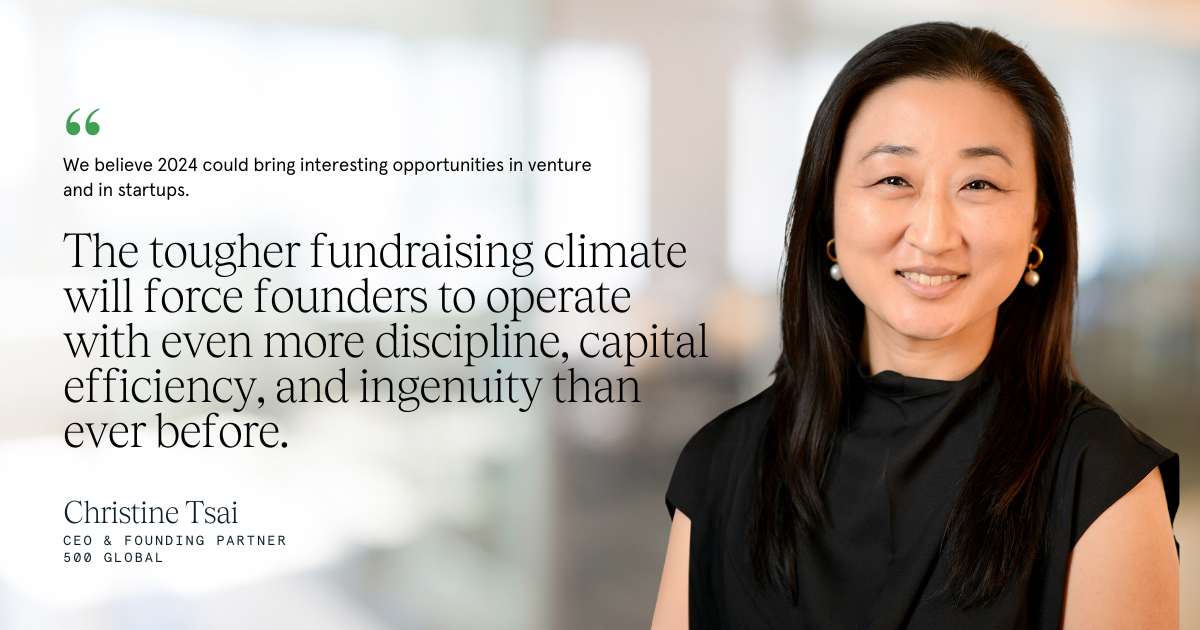Before becoming 500 Startups’ FinTech manager, Sheel Mohnot consulted for a company that was striving to be more competitive after the 2008 financial crisis.
When pitching ideas, “the answer was often, ‘raise the fees on your customers,'” said Mohnot. “I didn’t like that.”
In his view, shaking users down for nickels and dimes creates little value over the long term. “I fundamentally believe that the way to build an amazing business is to make people’s lives better.”

Mohnot discovered his affinity for financial services and products as an early team member of Kiva, the social lending platform that’s granted more than $837M in micro loans to 1.9M people. “It has had a huge impact on what we’re trying to do at 500 FinTech,” he said, “which is, give customers a better user experience and make their lives easier.”
In Batch 16, there are nine companies on the FinTech track:
- Albert gives simple, free financial advice and lets you act on the advice directly from the app.
- Arrowpass is an NFC-based closed-loop payment solution and secure gate control for events.
- Ethic offers effortless ethical and impact investing.
- Finova Financial is a socially-responsible online lender that provides fast, affordable loans based on the equity in your car.
- Float is a mobile-first credit card for millennials (minus the credit check).
- iBillionaire is a mobile asset manager that lets you invest in the same strategies as billionaires with one click.
- Qwil: Instant pay for independent contractors (b2b2c).
- Rize is an automated savings tool based on behavioral science.
- Romit is a wallet and payment platform that helps merchants with high chargebacks reduce fraud.
“We’ve got really good people,” said Mohnot. After Batch 16 concludes, “the only four companies that are based in San Francisco are all going to get an office together,” he noted. “They really enjoy each other’s company, and they’re in similar businesses, which mean they can help each other out.”
Is there a thread that connects Batch 16’s FinTech companies?
“They’re solving real problems,” Mohnot told me. “It just so happens that the problems they’re solving are in FinTech.” All nine firms have a unique focus, but they all support the same underlying goal, he said.
“For example, Ethic is about sustainable investing for all, and ibillionaire lets you track and directly invest in the portfolios of billionaires,” said Mohnot. “While they’re in totally different market segments, they’re also doing much the same thing, which is helping people invest money.”
Companies that are accepted into 500 are already operating at a higher level, Mohnot said. “Part of it is just coming into an environment where you’re expected to grow week after week after week. There’s something about being here that makes people want to work hard, and be excited about it.”
“Despite the fact that many of the founders have a background in finance, none of them are your ‘typical’ banker.” — Sheel Mohnot
Mohnot’s Batch 16’s companies go through the same 4-month bootcamp as other firms in the accelerator, but “because we have this track with FinTech, I’m able to bring in outstanding speakers,” said Mohnot. “Some of the speakers we’ve had include Ken Lin, CEO of Credit Karma (a 500 Startups portfolio company), Sasha Orloff (CEO of LendUp), and a bunch of other awesome speakers,” he said.
“We’re bringing in people for FinTech specifically,” he noted, including speakers who can speak knowledgeably about compliance economic modeling for specific market sectors. “You just learn a lot from people who’ve done it before you and have been successful,” he said. Because each batch has a critical mass of founders developing financial products and services, 500 attracts investors who are actively seeking opportunities, Mohnot added.
On May 9, Mohnot is producing 500 FinTech Preview Day for approximately 75 investors, press and potential partners only. “Typically, you’ll meet somebody who would invest in you, but the investment doesn’t necessarily happen there,” he said. “You meet someone, then the next week, you have two more meetings with them before the deal is done; that’s generally how it goes.”
“If we didn’t have a track, they probably wouldn’t come in to see just one or two companies,” said Mohnot. “Instead, they get to come in and meet with eight or nine companies at once, and they like that.”
Most of the FinTech companies in Batch 16 focus on personal finance but “for whatever reason, a lot of these things go through cycles,” he said. “A few years ago, it was payments, then lending, and now, insurance is the next hot space, so I’m definitely looking to bring in some insurance companies in this next batch.” Although all 9 companies are US-based, Mohnot said he plans to bring in more international founders in future Batches.
Every founder must complete 500 Startups’ AngelList application, “but many of the companies on the FinTech track came through other VCs,” said Mohnot. “Going forward on the application, I think we’ll just have a checkbox for FinTech.” Applicants are encouraged to meet in San Francisco with Mohnot and his team.
“They should have a product that I can see,” he said. “I’m not really interested in talking to anyone who’s just got PowerPoint.” Does that mean applicants need to show up with a working prototype? “It doesn’t have to be live for the general public, it just has to be something that I can see,” explained Mohnot. “What I want is something that’s going to be live during the program, so we can add value.”
“You go to work, and you feel like someone’s really there for you.” — Yinon Ravid, Albert
Yinon Ravid co-founded his financial advice app, Albert, last December and began working on it in earnest shortly before being accepted into Batch 16. In his view, people feel stuck in their current economic circumstances because “it’s so difficult to take action.”
To give users confidence and direction, “Albert connects all your accounts, finds the three or four most important things you need to do right now, and we let you take action directly from the app,” said Ravid. The company has partnered with banks, investment firms and lenders and insurers “so users can seamlessly act on our guidance,” he said.
Although this is Ravid’s second FinTech play, “you start off again in this totally green field,” he explained. “The people here have been amazing, working with us on distribution, getting the word out, honing the message. It’s been great,” he said. “Nothing’s better than building within a community. You can really forge ahead that way.”
Not sure how much a rewards card really matter. #debtfree #struggleisreal pic.twitter.com/S92ARSEK6V
— Albert (@meetalbert) February 19, 2016
“When you have people working on the same thing in the same place, naturally, good things come of that,” he added.
Because most people don’t have enough assets to hire a financial advisor, individual savings and investment plans generally lack strategy, said Raul Moreno, co-founder of iBillionaire.

To even the playing field, Moreno and his partner, Alejandro Estrada, analyzed investment data and strategies of leading billionaires to create an asset-management service.
“The great thing about the US is that the systems are so transparent that this information is actually public,” said Moreno. “But it’s hard to understand, hard to explain, and it takes a lot of time to digest the information.”
“Being in San Francisco has given us the know-how to reach consumers” and pin down key distro metrics, Moreno said. “Now, we’re talking to users and making changes very fast.” iBillionaire, an SEC registered investment advisor, will soon permit users located anywhere to invest via its app, he added. “The know-how to do that on a global scale is here, so we’ll stay in San Francisco.”
Moreno said he hopes to set up shop in the same space as another Batch 16 startup. “one of our team is sharing a house with someone from another company, so if we can share a house, I’m sure we can share an office,” he said.
photo: Gabe Rosiak/Flickr




